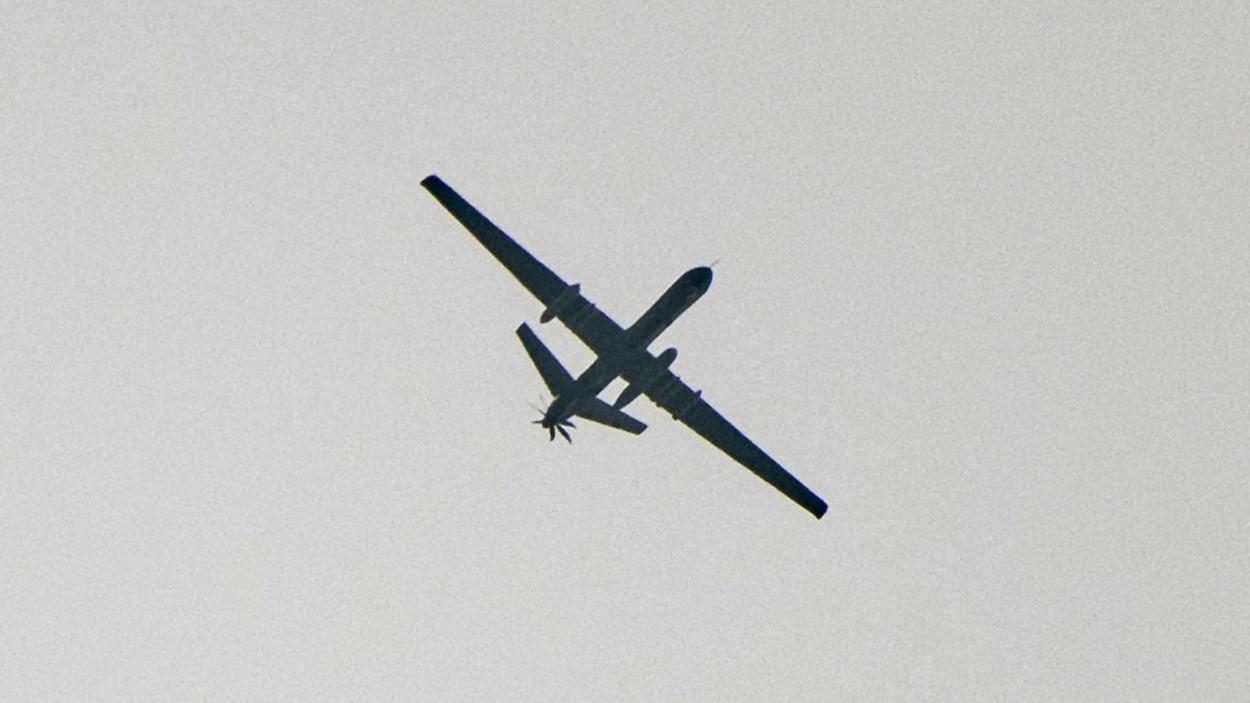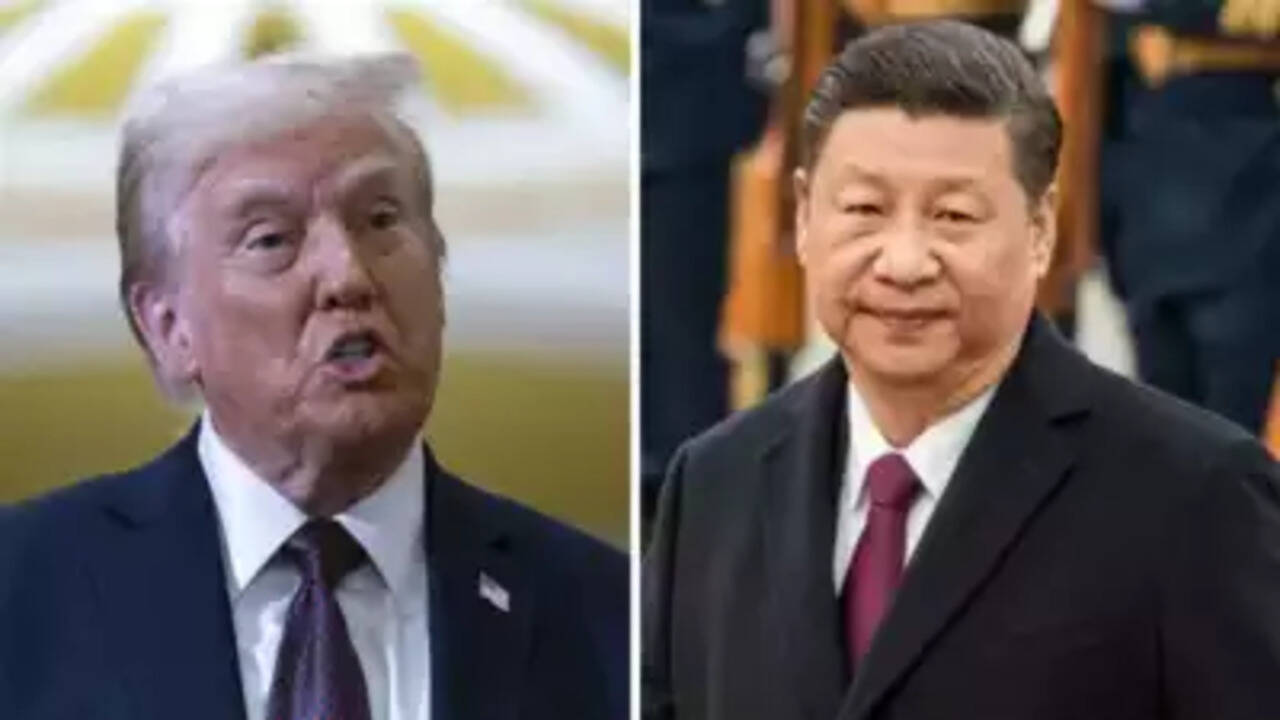Escalating Tensions: Algeria and Sahel Countries Clash
A high-stakes diplomatic clash unfolds in West Africa as Algeria and Sahel nations Mali, Niger, and Burkina Faso engage in a war of words over alleged airspace violations and support for terrorism.
Published April 09, 2025 - 00:04am

Image recovered from ici.radio-canada.ca
In recent developments, tensions have sharply escalated between Algeria and its southern neighbors, particularly the Alliance of Sahel States (AES) comprising Mali, Niger, and Burkina Faso. This diplomatic rift was ignited following the downing of a Malian drone by Algerian forces. Both Mali and Algeria have laid accusations against one another, each claiming violations of their respective airspaces and insinuating deeper, more sinister motives.
The incident has strained relationships significantly, with both sides engaging in reciprocal diplomatic measures. Algeria, on its part, shuttered its airspace to any flights from or directed to Mali, citing repetitive violations. A communique from the Algerian Ministry of Defense outlined these concerns, noting that this decision was not made lightly but in response to the continuous encroachments by Malian unmanned aerial vehicles. Mali, Niger, and Burkina Faso's collective response was a withdrawal of their ambassadors from Algeria, accusing the latter of acts contrary to the spirit of regional cooperation and peace.
In response to these accusations, Algeria has firmly denied any wrongdoing, instead pointing fingers at the AES for what it perceives as a pattern of attempting to divert attention from internal failings. The Algerian government rejected claims that imply its involvement in terrorist activities within the Sahel region. Precisely, it accused the AES governments, particularly Mali's military rulers, of trying to scapegoat Algeria for the persistent insecurity and instability within their territories.
According to Algeria, the affected drone violated its airspace by at least 1.6 kilometers, prompting defensive actions. Allegations from the Malian side suggest a counter-narrative, asserting that Algeria's actions were a premeditated assault that reflects deeper geopolitical fractures. The rhetoric from Bamako further accused Algeria of sponsoring terrorism, a claim that has been met with scorn in Algiers.
Historically, Algeria has been a key arbiter in conflicts between Mali's government and Tuareg rebels, but relations have soured following successive military coups in Mali in 2020 and 2021. These regime changes have ushered in military governments that have shifted alliances, notably embracing partnerships with Russian entities, much to the chagrin of Western powers and regional entities wary of Russia's expanding influence in Africa.
Recent diplomatic exchanges are viewed as a manifestation of broader geopolitical contests impacting the Sahel. As Mali continues to battle internal conflicts involving jihadist groups linked to Al-Qaeda and the Islamic State, external relationships have increasingly come under pressure. The junta's recent expulsion of Western military missions, like France's Barkhane and the UN's MINUSMA peacekeeping forces, in favor of Russian military partnerships, marks a radical shift that has exacerbated tensions with Algeria.
The fallout from this high-stakes diplomatic affair could have far-reaching implications for security and counter-terrorism strategies across the Sahel region. As both sides continue to levy severe allegations, calls for international mediation and dialogue are becoming increasingly crucial. Observers warn that the vacuum in diplomatic engagements could be exploited by non-state actors, further destabilizing an already volatile region.
Ultimately, the current crisis underscores the fragility of security dynamics in the Sahel, highlighting the urgent need for concerted efforts by regional and international stakeholders to restore dialogue and develop strategies for de-escalation. The political and military maneuvers playing out may set a precedent for future engagements in the Sahel and signify a realignment of alliances with broader geopolitical contests stretching beyond immediate borders. The unfolding of these events is expected to draw in significant interest from international actors keen to either mediate or influence the outcomes in this geopolitically strategic yet fraught region.





